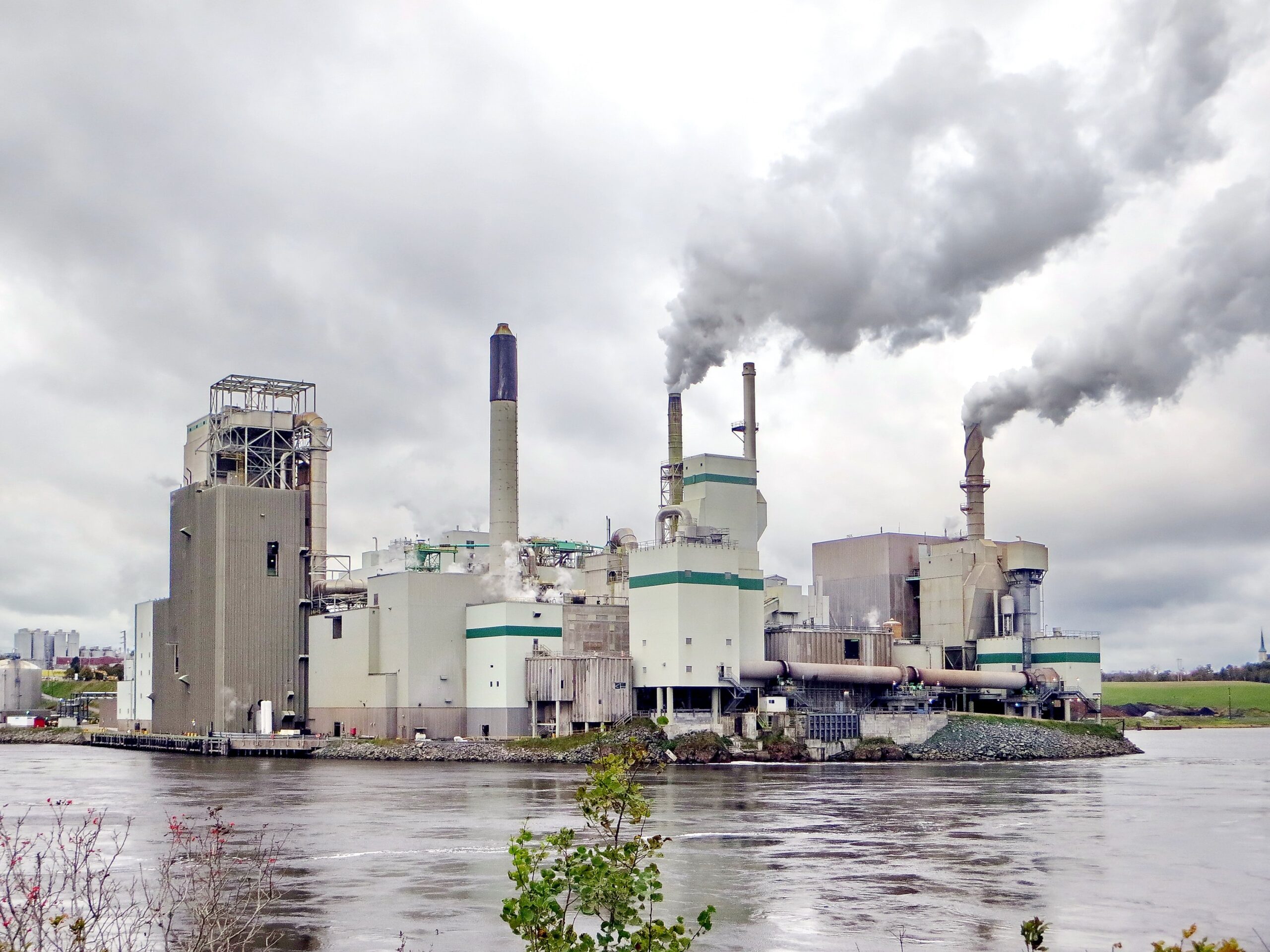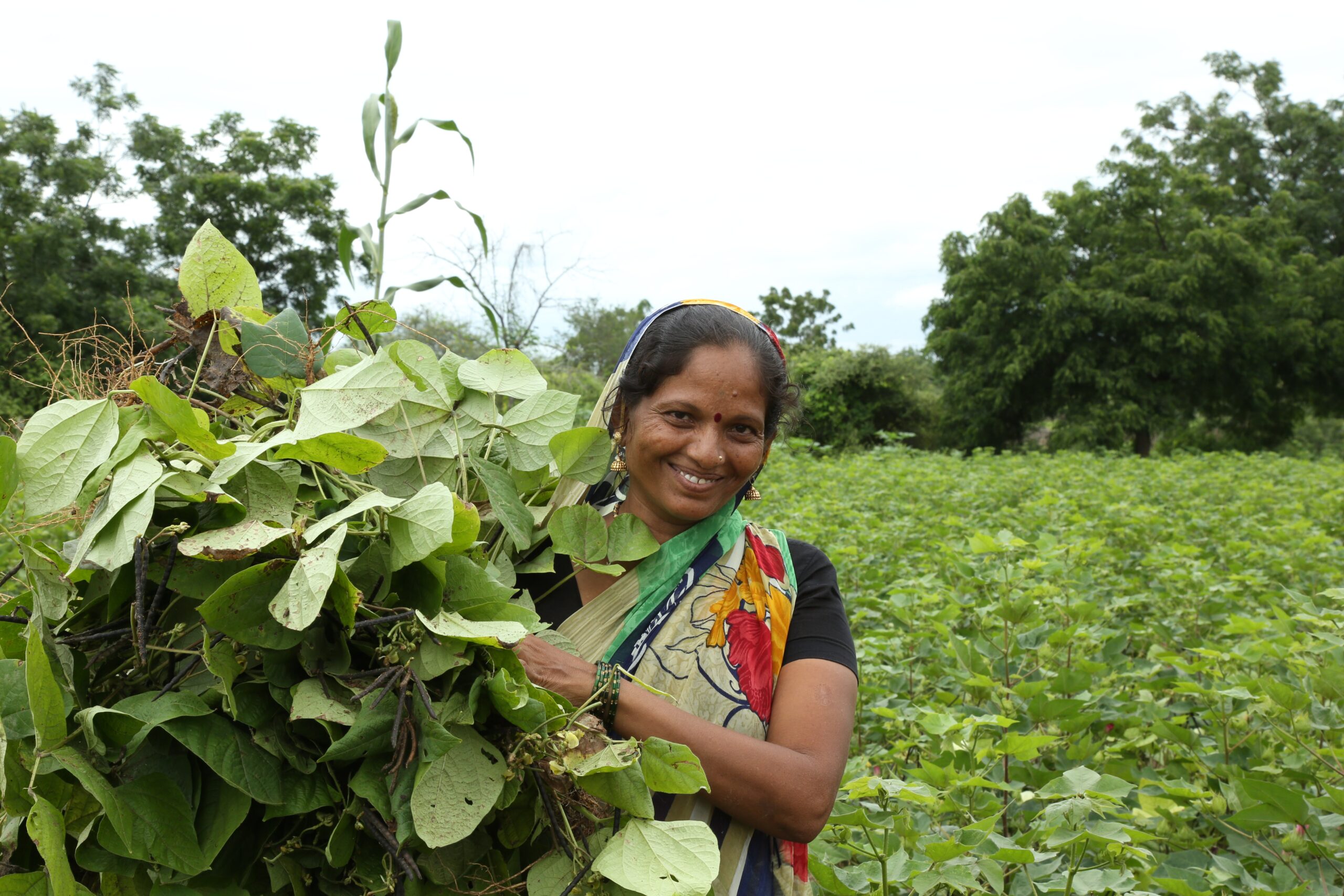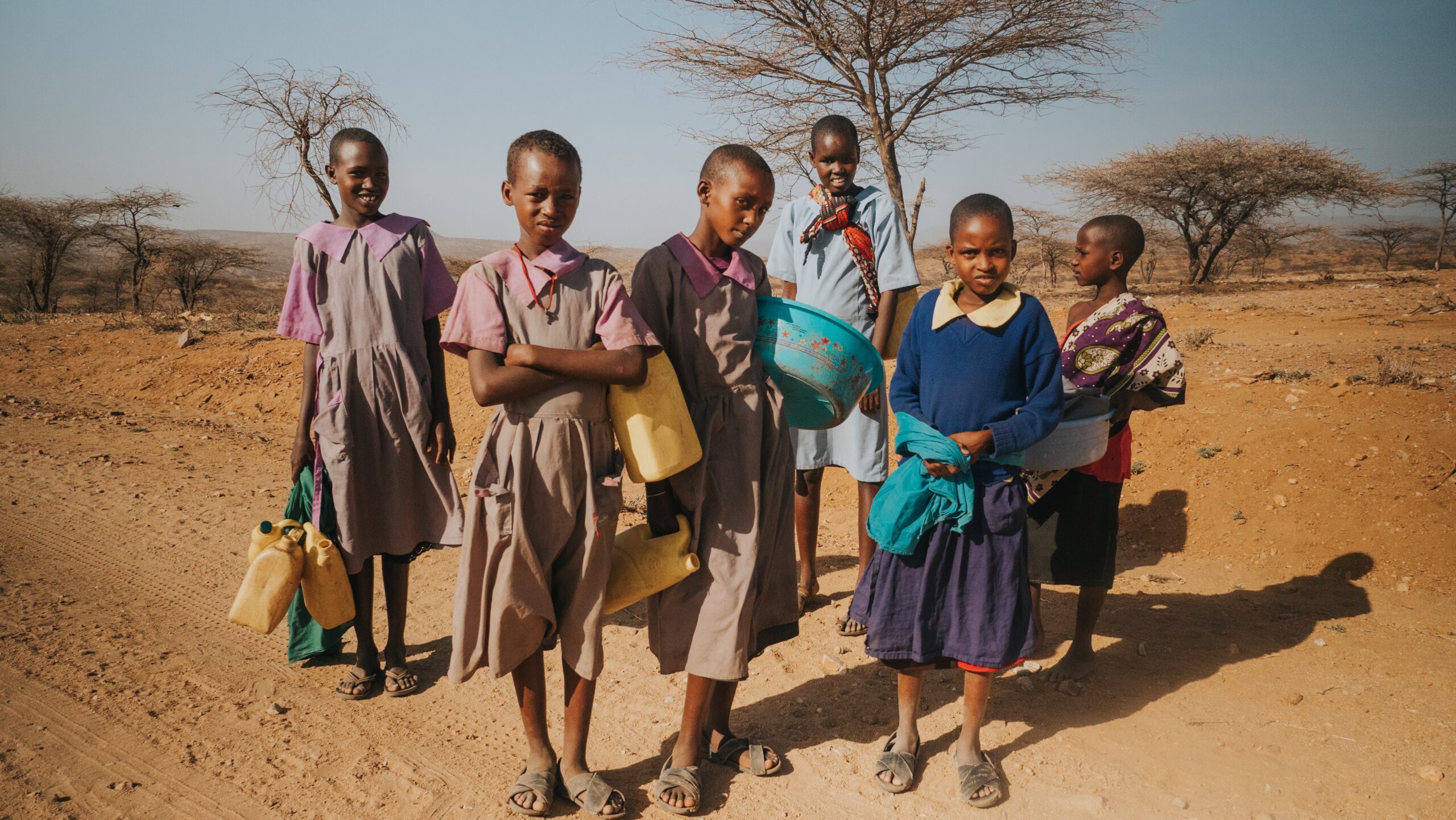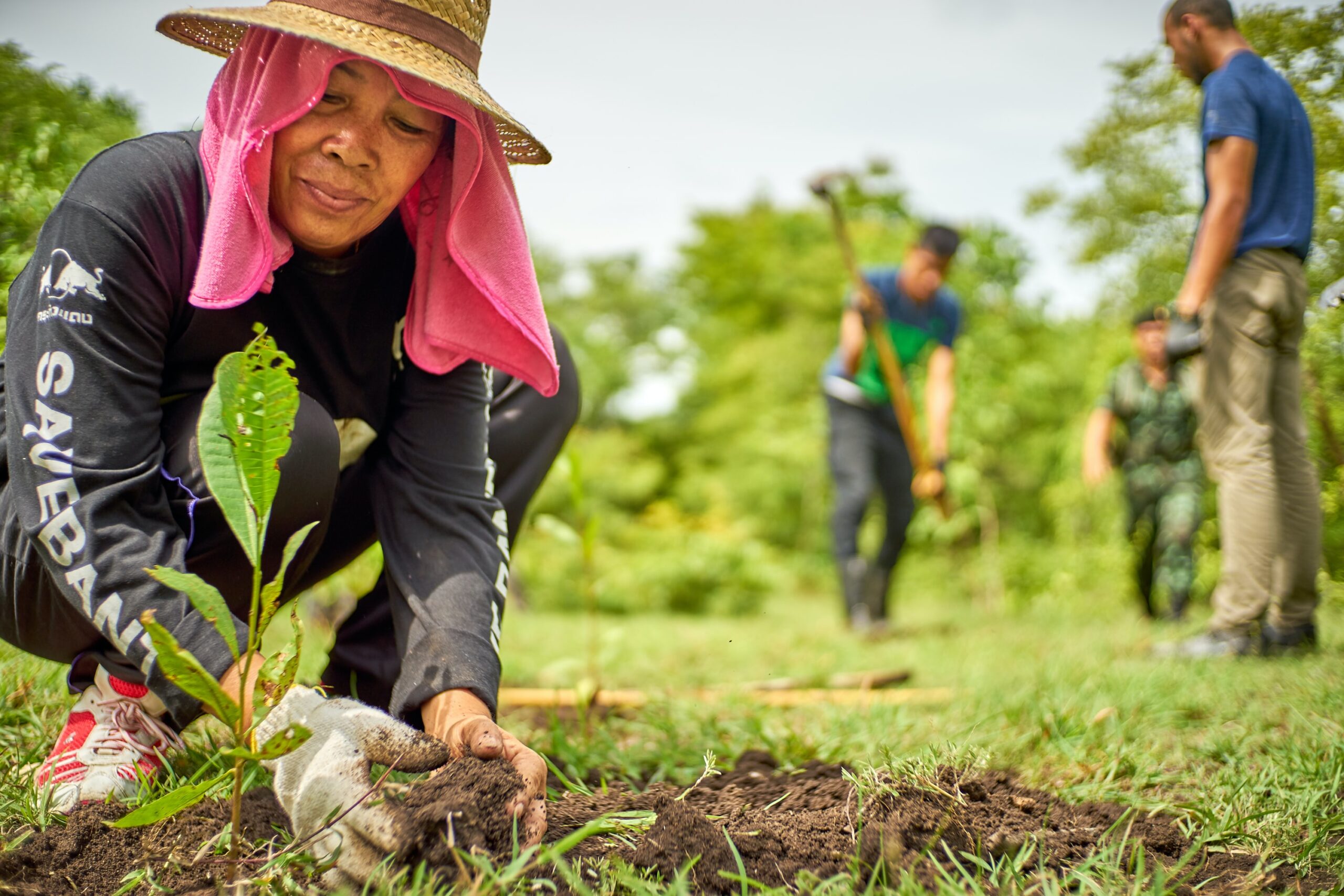Attitude towards environmental protection is a crucial component in environmental safeguard psychology. It is a psychological tendency expressed by evaluating the environmental gender attitude with favour or disfavour. This study aimed to compare the attitude level of male and female trainees towards environmental protection based on personal, psychological and sociocultural variables by using an ex post facto research design. The research population was composed of the trainees (N=177) who participated in the online training programmes organized from April 07 to May 31, 2020, by the Centre for Advanced Agricultural Science and Technology (CAAST) for Climate Smart Agriculture and Water Management (CSAWM), MPKV, Rahuri, Maharashtra, during COVID-19 lockdown period. In this study, an online survey method was used. The research instrument was a well-designed and structured online questionnaire using a Google Form consisting of two sections. The first section consisted of 11 independent variables of personal, psychological and sociocultural characteristics. The second section consisted of 17 environmental attitude questions focusing on closed structure questions with a five-point Likert scale, i.e. Strongly Agree to Strongly Disagree. The results revealed that age, training received, membership of environmental societies or organizations, courses taught, waste management and social media use significantly affect the trainees’ attitudes to environment protection. The female respondents had a favourable environmental attitude when compared with the male respondents. Therefore, the study concluded that a set of factors influences the gender attitude of the online trainees. These factors alone cannot change trainees’ attitudes towards environmental protection. Accordingly, necessary and appropriate conditions should be provided to change the attitude of male trainees for environmental protection. Sustained support is necessary to efficiently understand the role of gender in environment protection through government policies, social media, policymakers, scientists, extension workers, research organizations, various training programmes, participation of students and faculty in the environmental cleanliness drive and awareness programs, etc.





































































































































































































































































































































































































































































































































































































































































































































































































































































































































































































































